$350.00 – $1,250.00Price range: $350.00 through $1,250.00
Reasons To Buy
- Fast delivery to any location
- Secure payments
- Eco-friendly manufacturing
Trust badge
Tennessee Red Quail
Tennessee Red Quail is a unique and popular variety of the Bobwhite quail, known for its rich reddish-brown plumage, larger size, and excellent hardiness. Bred primarily for meat production, hunting preserves, and gamebird farming, this variety has gained widespread attention for its adaptability, fast growth, and attractive appearance. Originating in the southeastern United States, the Tennessee Red is a selectively bred color mutation of the Northern Bobwhite that offers both aesthetic appeal and functional value.
Appearance and Size
Tennessee Red Quail are noticeably larger than the standard Bobwhite, often weighing between 10 to 14 ounces at maturity. Their feathers are a vibrant reddish-cinnamon hue, with lighter underbellies and distinct markings around the face and wings. This coloration makes them easy to identify and highly desirable for display and ornamental use.
Temperament and Behavior
While naturally flighty like other quail, Tennessee Reds are known to be slightly calmer and more manageable in captivity. They are active, quick-moving birds, making them a challenge for hunters in field trials and an exciting option for gamebird preserves. With proper care and space, they can be successfully raised in aviaries or flight pens.
Breeding and Care of Tennessee Red Quail
The Tennessee Red Quail is favored by breeders for its strong reproductive performance, high hatch rates, and overall resilience.
Reproduction and Growth
Hens begin laying eggs around 16 weeks of age and can produce up to 200 eggs per year under optimal conditions. The eggs are small, speckled, and incubate in about 23-24 days. Chicks grow quickly, reaching adult size in as little as 12 weeks.
Habitat and Feeding
These birds thrive in well-maintained enclosures with access to shelter, dust-bathing areas, and high-protein gamebird feed. Though hardy, they still require protection from predators and extreme weather.
Uses and Popularity
Tennessee Reds are ideal for meat production, dog training, and release programs. Their attractive color, docile nature, and utility make them a favorite among quail breeders and outdoor sportsmen alike.
| Select Fowl | Pairs, Pullets, Stags, Trio |
|---|---|
| Gender | Female, Male |
Be the first to review “Red Quail” Cancel reply
Related products
GAME FOWLS FOR SALE
GAME FOWLS FOR SALE
GAME FOWLS FOR SALE
GAME FOWLS FOR SALE
GAME FOWLS FOR SALE
GAME FOWLS FOR SALE
GAME FOWLS FOR SALE
Fighting Roosters

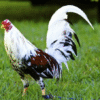
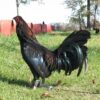
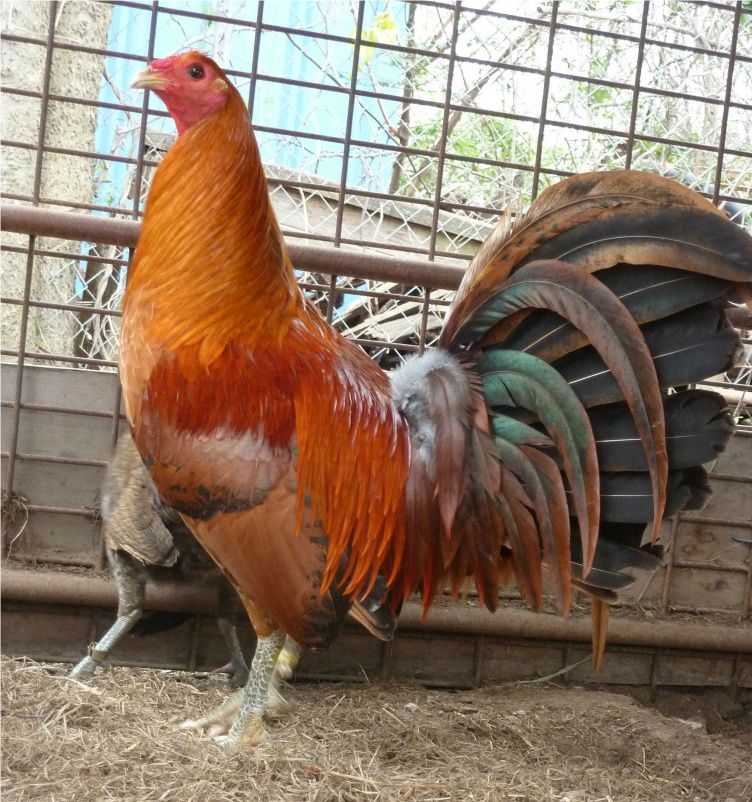
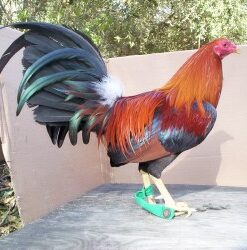
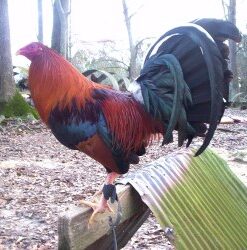
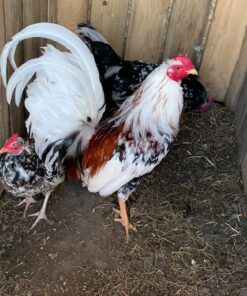
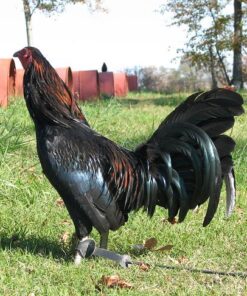
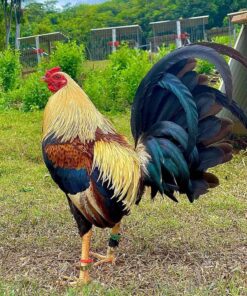
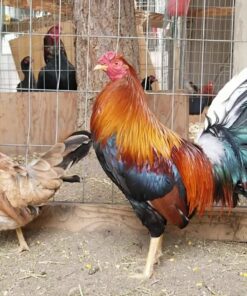
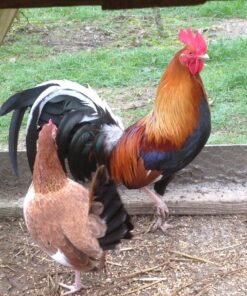
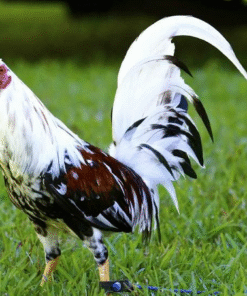
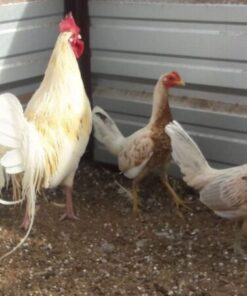
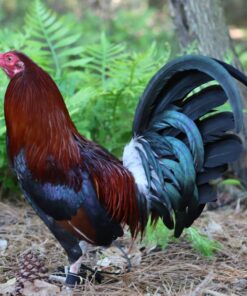
Reviews
There are no reviews yet.